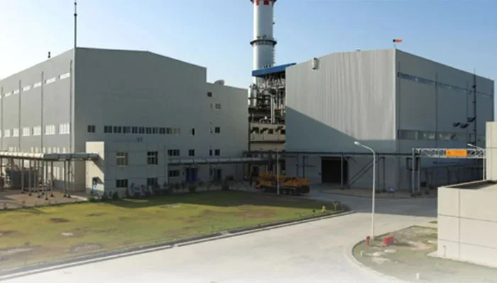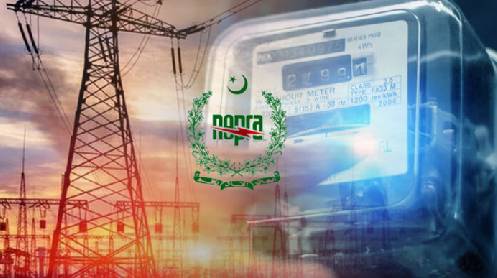ISLAMABAD: Warning of an impending serious gas shortage, the federal government on Tuesday said the Article 158 of the Constitution that promised priority rights to gas producing provinces was becoming irrelevant and all stakeholders would have to reach a consensus on a workable way forward.
“We will be going towards massive (gas) load shedding in the coming days. We have to find a solution today how to increase supplies”, said Special Assistant to the Prime Minister (SAPM) on Petroleum Nadeem Babar at a news conference with Federal Energy Minister Omar Ayub Khan.
He said gas pricing on the basis of weighted average cost of gas (WACOG) — the combined cost of imported LNG and domestic gas — was one of the options to address the challenge.
He said ‘the issue of Article 158 of the Constitution had been pending for 10 years and had since been taken over by other ground realities and more serious issues’. Based on demand growth and domestic gas production even if utilised in gas producing provinces, Sindh would be facing gas shortfall in one and half years, followed by Khyber Pakhtunkhwa in two and half years and Balochistan in about three and half years, he said.ARTICLE CONTINUES AFTER AD
Massive shortfalls in coming days without price reform, says SAPM
The Sui Southern Gas Company Limited (SSGCL) alone would be facing about 450mmcfd (million cubic feet per day) of gas shortage in 2021-22 winter which was currently equivalent total gas supplies to the industry in Sindh province, he added. That would mean the gas supply to industry or the residential sector would need to be curtailed or stopped.
From another angle, he said the about 260mmcfd of gas from Sindh was exported to Punjab in last winter against which about 60mmcfd of LNG was provided to K-Electric. In coming winter, the gas demand in Sindh was set to increase by 100mmcfd.
Mr Omar Ayub said the constrained gas demand presently stood at around 6-7 billion cubic feet per day (bcfd) against a supply of about 3.5bcfd while existing fields were depleting at the rate of about 7.5 per cent. He said if all gas producing provinces utilitise their full production, they all would be in deficit in a matter of 2-3 years for which pricing structure had to be changed.
He said that on the instructions of the Council of Common Interests (CCI), the government had called a conference at the prime minister office on Wednesday to unanimously find out a future strategy on merit. He said two chief ministers and representatives of two others and technical experts would make presentations and give their solutions for a merit-based decision that would then be taken up with the CCI for a national consensus. Prime Minister Imran Khan would also attend the event.
Besides the WACOG, Babar explained the increased focus on implementation of pipeline for import of gas from Turkmenistan and North-South gas pipeline before February next year was being taken in hand as ordered by the Supreme Court of Pakistan.
In this respect, Omar Ayub had written a letter to Russian government for sending a team for finalisation of a consortium for North-South Pipeline. He said with apex court decision, the government would now utilise the Gas Infrastructure Development Cess (GIDC) for these projects thus reducing the need for Russian financing.
He said the government had also allowed two additional LNG terminals in the private sector and the federal cabinet had removed remaining obstacles including the requirement for a non-objection certificate by the defence ministry.
He said the government would also encourage use of electricity for space heating and electric geezers instead of gas beginning this winter for which a campaign would be launched in the last week of current month to reduce overall energy losses and ensure lower costs to consumers.
He said the conference on gas challenges would focus on four key issues like gas supply options, financial sustainability and weighted average cost of gas, gas infrastructure development needs and open access regime for private sector.
Omar Ayub said the government had offered incentives for exploration of oil and gas in the country and the new bidding round for award of 20 oil and gas exploration blocks was being planned for next month in addition to 10 blocks last year to attract local as well as foreign investments to pave way for new oil and gas finds within the country. However, this increased E&P activity will yield results in 3-5 years
He said that besides transnational pipeline projects, the current government had allowed as a fast track option the development of more LNG terminals without government guarantees and allow open access arrangements for LNG importers, marketers and consumers to benefit.
In addition, the government was also accelerating the private imports and building new trunk pipeline, essential to have infrastructure to import more LNG as per the gas demand.




